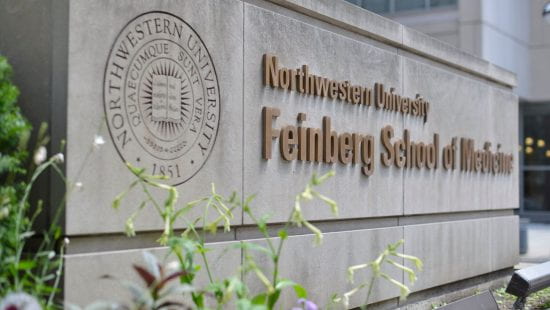
About Our Lab
We study the molecular and cellular mechanisms of Alzheimer’s disease with the goal of contributing to the discovery of effective disease-modifying therapies. With this wide reaching goal, we have multiple projects focusing on diverse aspects of Alzheimer’s disease pathology. We investigate the β-secretase enzyme BACE1, which initiates the production of the β -amyloid peptide that plays a central early role in the pathogenesis of Alzheimer’s. We use a combination of approaches to investigate the role of BACE1 in health and disease, and predict side-effects of BACE1 inhibitors currently in clinical trials. Other projects study rare genetic mutations that increase the risk of late-onset Alzheimer’s disease. Currently, we are investigating the role of a rare mutation in the angiotensin converting enzyme that is highly associated with Alzheimer’s disease. We also study a mutation in UNC5C, a gene associated with late-onset Alzheimer’s disease to understand how apoptosis contributes to development of the disease. Finally, we investigate how the microbiome affects astrocyte activation and inflammation in Alzheimer’s disease.
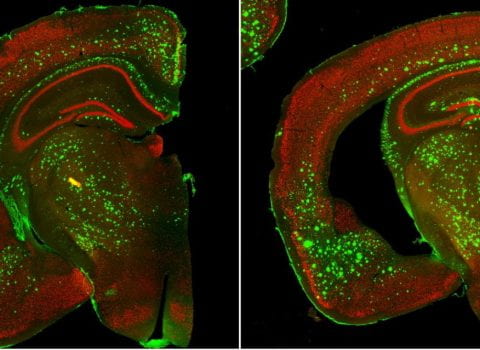
Genetic Mutations
Genetic Mutations
Our goal is to understand how rare mutations in newly implicated Alzheimer's disease genes can lead to Alzheimer's disease pathology.
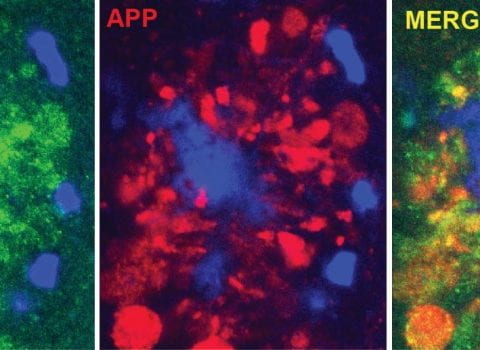
β-secretase enzyme BACE1
β-secretase enzyme BACE1
We investigate the role of the β-secretase enzyme BACE1, which initiates the production of the β -amyloid peptide that plays a central early role in the pathogenesis of Alzheimer's.
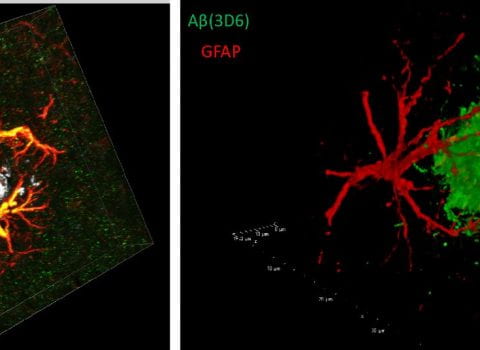
Microbiome
Microbiome
We are investigating how the microbiome affects astrocyte activation and inflammation in Alzheimer’s disease.
Overview
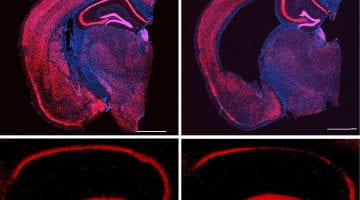
Research
Learn more about the Vassar Lab’s research into molecular and cellular mechanisms of Alzheimer’s disease.
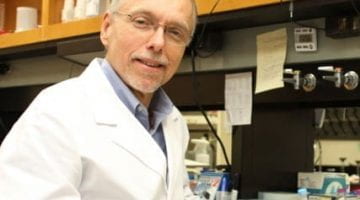
Lab Members
Meet the outstanding team that makes up the Vassar Lab.

Contact Us
The Vassar lab welcomes your comments and questions.

